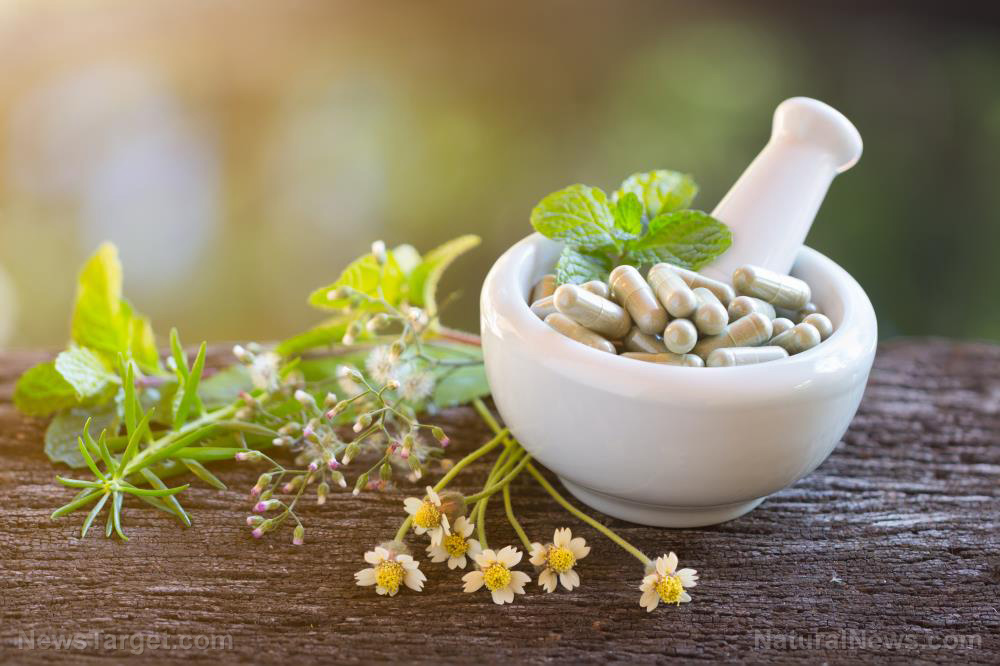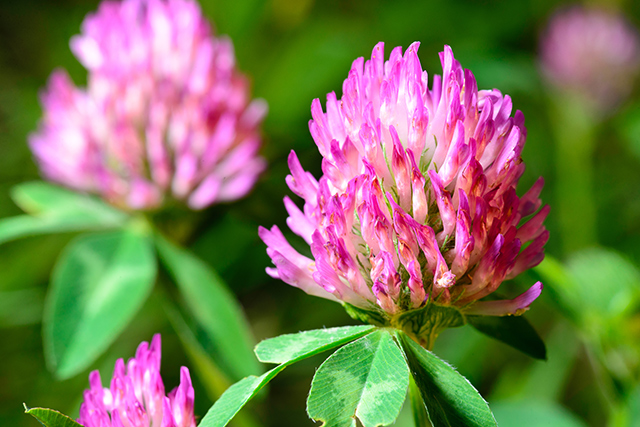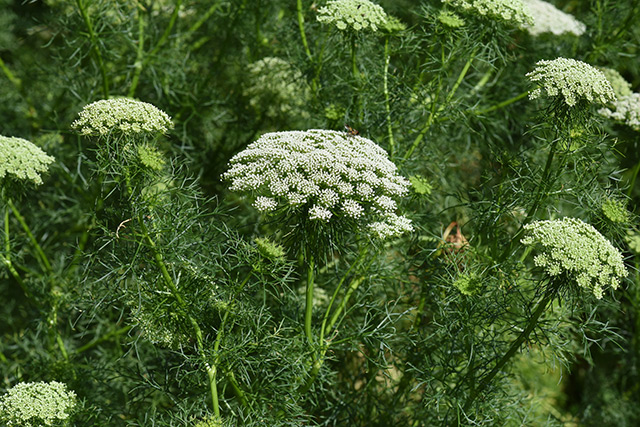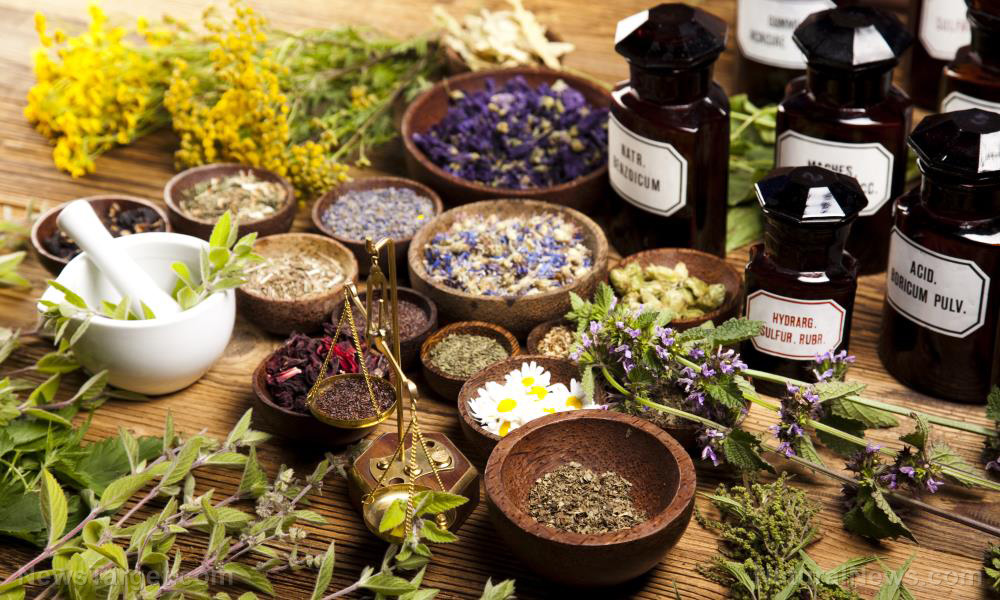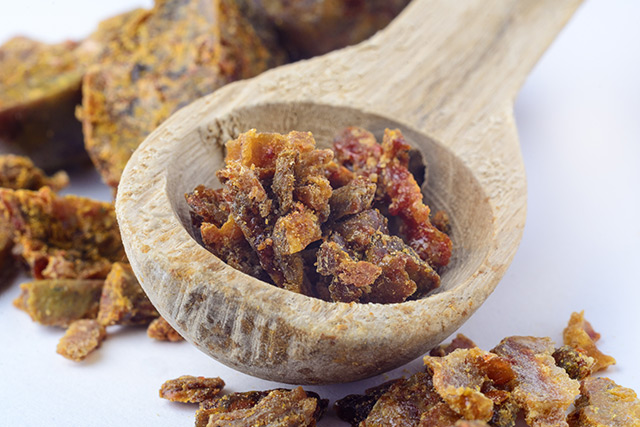6 Essential oils for boosting the immune system
06/24/2020 / By Divina Ramirez
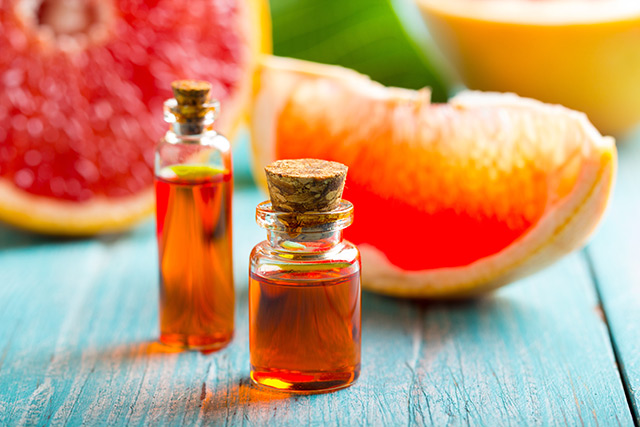
The body encounters countless pollutants and harmful substances on a daily basis that can really put a strain on its immune function. From the harmful chemicals found in household cleaners to the carcinogens found in processed meat, toxins can come in all shapes and sizes.
Besides eating healthier foods and getting enough sleep, healthcare professionals recommend using essential oils to bolster immune health. Outside of their pleasant smell, essential oils carry potent organic compounds and natural chemicals that can help strengthen immunity against infection and disease.
Essential oils for immune health
Inhalation is the most effective method of using essential oils for immune health. This can be done by sniffing the bottle directly, diffusing the oil or adding a couple of drops to a hot or cold compress.
Here are some of the best essential oils for better immune health:
Citrus essential oils
Citrus essential oils, such as lemon, orange and bergamot possess potent antibacterial properties. For this reason, these oils are often some of the most common ingredients in homemade cleaners.
Citrus essential oils also act as antioxidants that help combat pathogens and protect against free radical damage. In addition, the soothing aroma of the oils can help boost mood and energize the body.
Ginger essential oil
Multiple studies have found that ginger essential oil may help boost immunity. In fact, one pre-clinical study found that ginger essential oil enhanced immune response in immunosuppressed mice.
In another study, colorectal cancer patients experienced reduced fatigue, pain and stress after a massage intervention that used ginger essential oil in coconut oil. (Related: Arthritic patients can reduce chronic joint pain with ginger essential oil.)
Eucalyptus essential oil
Eucalyptus essential oil has long been used as a natural medicine for the common cold. It also has natural antibacterial effects that are especially potent against certain pathogenic strains of bacteria and fungi, such as Escherichia coli (E.coli) and Candida albicans.
Hinoki essential oil
The fresh, earthy aroma of the hinoki cypress not only calms the body but also helps treat stuffy noses and sinus congestion. Hinoki essential oil also contains phytoncides, a plant chemical that has antimicrobial properties.
Lavender essential oil
This oil is best used to enhance sleep quality. Sleep is crucial for a strong immune system, as getting enough sleep ensures that the body is able to restore itself properly.
Rosehip oil
Rosehip oil is abundant in antioxidants and beneficial fatty acids that help maintain strong and healthy skin cells. These cells act as a barrier to keep bacteria from entering through the skin, thus protecting the body from potential infection and disease.
Some precautions for essential oil use
Because essential oils carry concentrated doses of highly potent plant compounds, it’s important to be mindful of some safety precautions in handling them. Here are some of the dos and don’ts of essential oil use:
Dilute essential oils
Not all essential oils can be used as-is. In most cases, the oil needs to be diluted to reduce the concentration of its compounds. Dilution is also especially important if the oil is to be used topically, as some oils can burn the skin if applied undiluted.
Do a patch test before using oils
Some people might be allergic to the plants that the essential oils came from. For this reason, a patch test is crucial. To conduct a patch test, apply a couple of drops of diluted essential oil onto a small patch of skin on the arm and let it sit for 24 hours, then check for signs of inflammation.
Keep essential oils out of reach of children and pets
Some oils might not be safe to use around children and pets. Besides keeping them out of reach of curious hands, essential oils should also be stored in a cool and secure area as some of them are flammable.
Don’t diffuse oils for more than 60 minutes
Only diffuse essential oils for 10–15 minutes at a time. Don’t diffuse them for more than 60 minutes as there is no proof that diffusing them for longer periods amplifies their health benefits or medicinal properties.
Only diffuse oils in properly ventilated areas
It’s important to ensure proper ventilation before diffusing essential oils to prevent breathing problems from occurring. Proper ventilation also ensures that the air doesn’t become so thick that it stresses the body and affects the nervous system.
Practice proper hygiene after handling essential oils
Don’t touch the eyes, nose or mouth after handling essential oils to prevent burning or poisoning. Use tissue paper or cloth rags to get rid of any residue left on the hands.
Read more about the other health benefits and medicinal properties of essential oils at EssentialOils.news.
Sources include:
Tagged Under: alternative medicine, disease treatments, essential oil, herbal medicine, Herbs, immune system, natural cures, natural medicine, plant medicine, prevention, remedies
RECENT NEWS & ARTICLES
COPYRIGHT © 2017 REMEDIES NEWS


